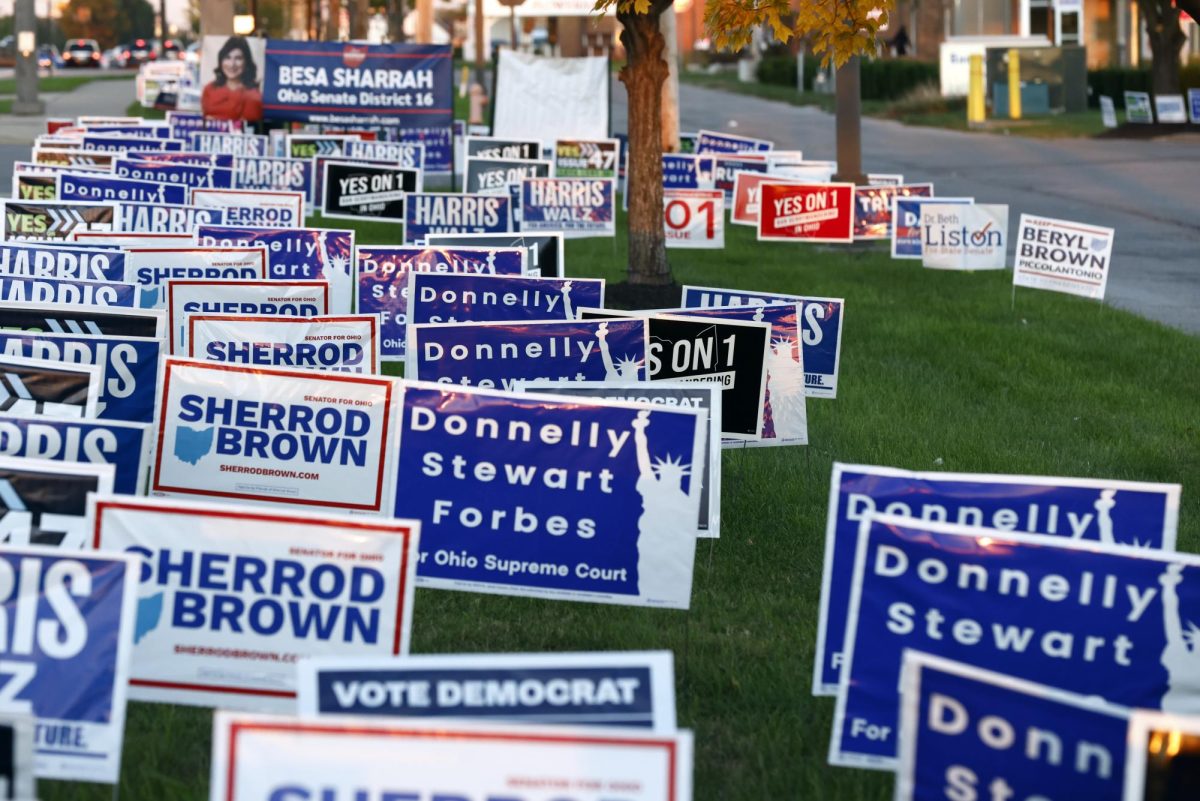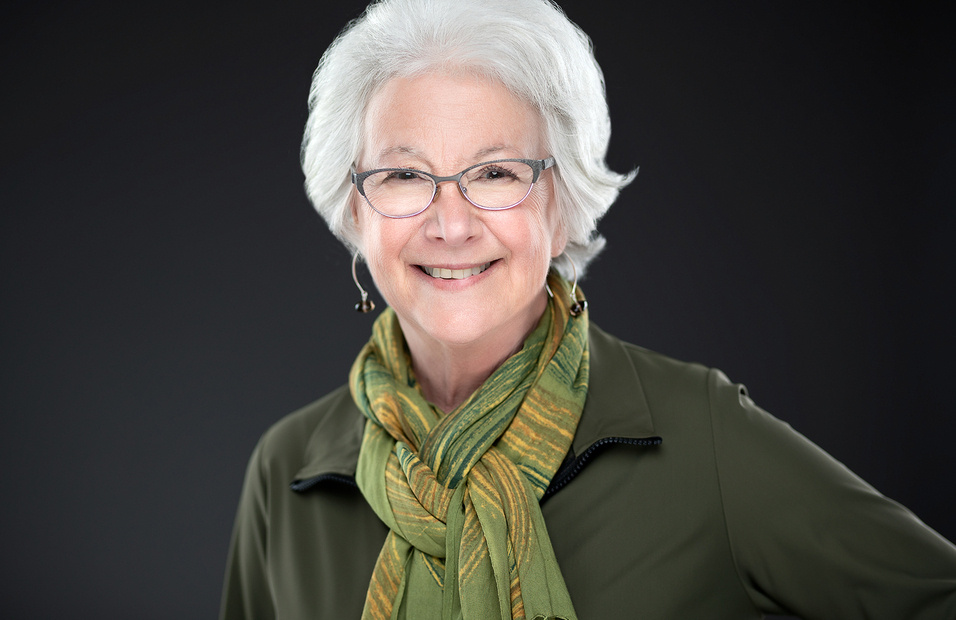Our phones have become an all-seeing eye. They sit beside us while we sleep, they attend our classes in our pocket and they share our most intimate conversations, opinions and thoughts. We don’t leave our dorms without them, because what if we need them? But what do we need from them? We are three clicks away from endless advertisements and clickbaiting, which seek to plunge us into materialism and consumerism, telling us that we need Baccarat Rouge 540, nose jobs and Ozempic. Perhaps we see beyond these guises, but behold how toxic and horrible the world seems! Studies have found that social media algorithms amplify misinformation and polarization, and feed users data based on their emotional engagement. No matter if you’re aware of it or not, your phones — and, more specifically, the social media apps therein — are designed to keep you glued to a screen by triggering emotional responses. This brings me to an opinion I have held for years, and have felt more strongly recently: Minors should be banned from using social media.
Overall, social media stands to have little positive effect for the well-being and emotional development of children. Worryingly, as the prevalence of social media and technology has grown over the years, so have child sexual abuse and eating disorders among youth, according to The New York Times and the National Library of Medicine, respectively. As recently highlighted by the phenomenon of “Sephora Tweens,” as described by The Atlantic, the influence on children and materialism has led to redundant obsessions with beauty products. More concerning is the overlooked fact that beauty products are being pushed to children — not to teens getting into makeup for the first time, or adults looking to remedy avoiding sunscreen, but to children. If a child is told their skin must look better, what effect will that have on their psyche?
The United States Surgeon General has warned about the adverse effects of youth on social media, highlighting that 46 percent of children stated in a study that social media makes them feel worse about their body. Moreover, a study recently published in the 2020 “Journal of Adolescence” found positive correlations between social media use and minors engaging in risky behaviors, including substance use and unsafe sexual practices. Essentially, the youth is influenced by social media, whether it be the promotion of drugs or sexual behavior, through what is known as FOMO, or “fear of missing out.” Influenced by the sense that they are “missing out,” these individuals engage in risky behaviors that they would otherwise be unlikely to do, were it not for seeing it on social media. Beyond this, companies such as Meta have shared that they know their platforms negatively impact the mental health of children, according to The Wall Street Journal. If companies are refusing to implement changes to their applications and nearly half of today’s youth find their self-image affected and many are engaging in risky practices, why should we allow children to continue to use these applications?
In my youth, I was not allowed to have any social media until high school. Despite being disconnected from social media and raised in a very unplugged, nature-connected home, I still remember an immense feeling that I was missing out on something by not engaging in the main mode of communication used by my peers. Even now as I am older, I no longer use certain apps like Snapchat or TikTok, although I do use Instagram and Pinterest. I believe I am more mature to engage with these applications, and smart enough to realize when I’m being negatively influenced. But, on the other hand, I often think of people like my younger siblings, who, unlike me, grew up with phones and social media at a much younger age. Ultimately, banning social media for youth will come down to a logistical question of how it could be banned for minors specifically, and how it could be effective.
As I highlighted in my personal experience, a good deal of social media usage has been found in several studies to be triggered through a sense of FOMO. Furthermore, the effectiveness of bans is not well-known. While certain state legislatures have enacted bans for minors on social media, per The Wall Street Journal, these bans often include loopholes, such as that minors “may [use] with parental consent,” or the policy is left relatively unenforced. Furthermore, like any young adult will know, children may simply lie about their birthdays when prompted to verify them for their age. This returns to the early mention of companies like Meta and their knowledge that their platforms are causing harm, without making attempts to require any form of verification of age from their users.
Ultimately, while I recognize the initial good that can come out of social media — connectedness, community, involvement and digital literacy — I think very plainly that the evils greatly outweigh the benefits. I think it is worth changing our culture and the way we use social media to protect children and ensure their healthy development. There’s no reason they should be completely barred from ever using social media; however, I think it’s best for children to learn proper internet skills — whether that be dealing with cyberbullying, safety or awareness — before they are allowed to use it as adults. In the current system of trial by fire, we are sacrificing the safety of our youth for the convenience of their distraction.












